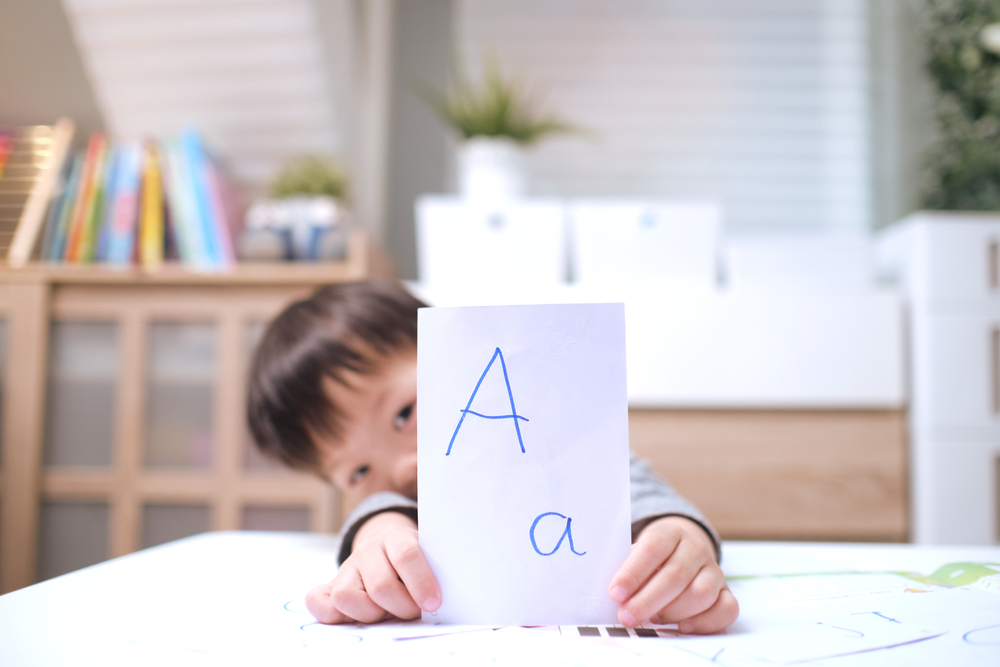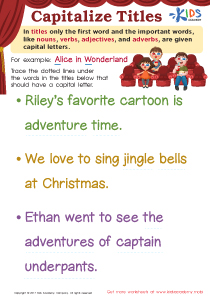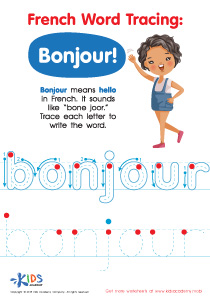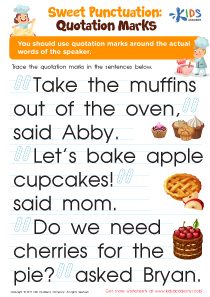Spelling practice Extra Challenge Writing Worksheets for Ages 6-9
6 filtered results
-
From - To
Boost your child's spelling skills with our Spelling Practice Extra Challenge Writing Worksheets for Ages 6-9! These engaging worksheets are designed to enhance your child's vocabulary and writing abilities through fun, challenging activities. Each worksheet encourages creative spelling practice, helping young learners to solidify their understanding of words in a playful and interactive way. Perfect for reinforcing skills at home or in the classroom, our worksheets cater to various learning styles, making spelling an enjoyable experience. Watch your child's confidence soar as they tackle words and discover the joy of writing! Explore our collection today and support your child's educational journey!
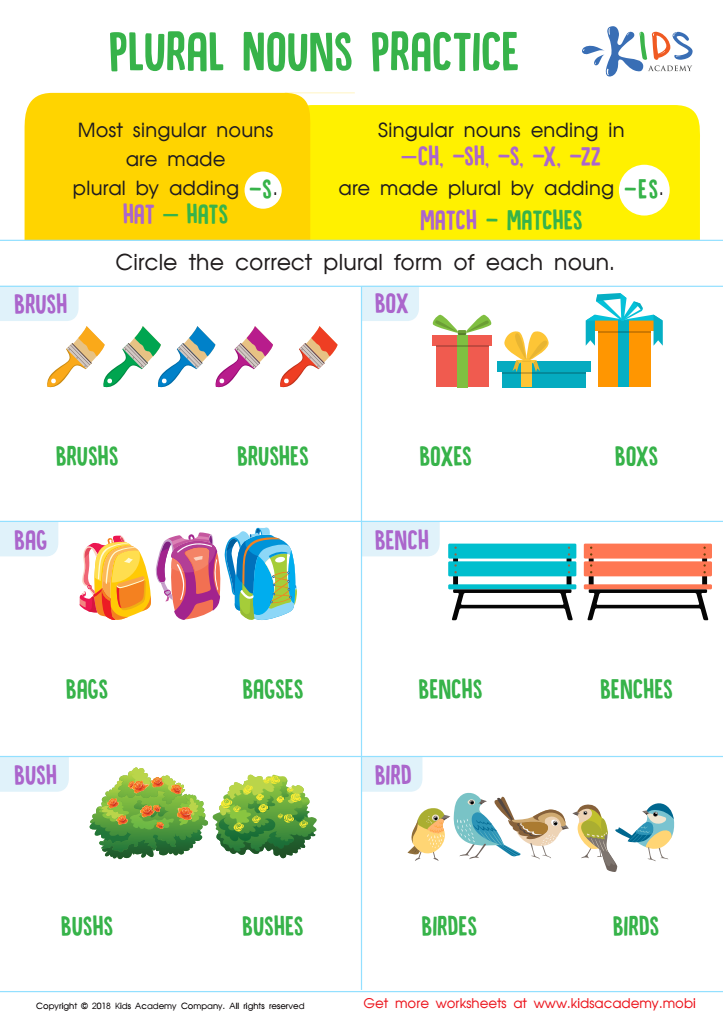

Plural Nouns Practice Worksheet
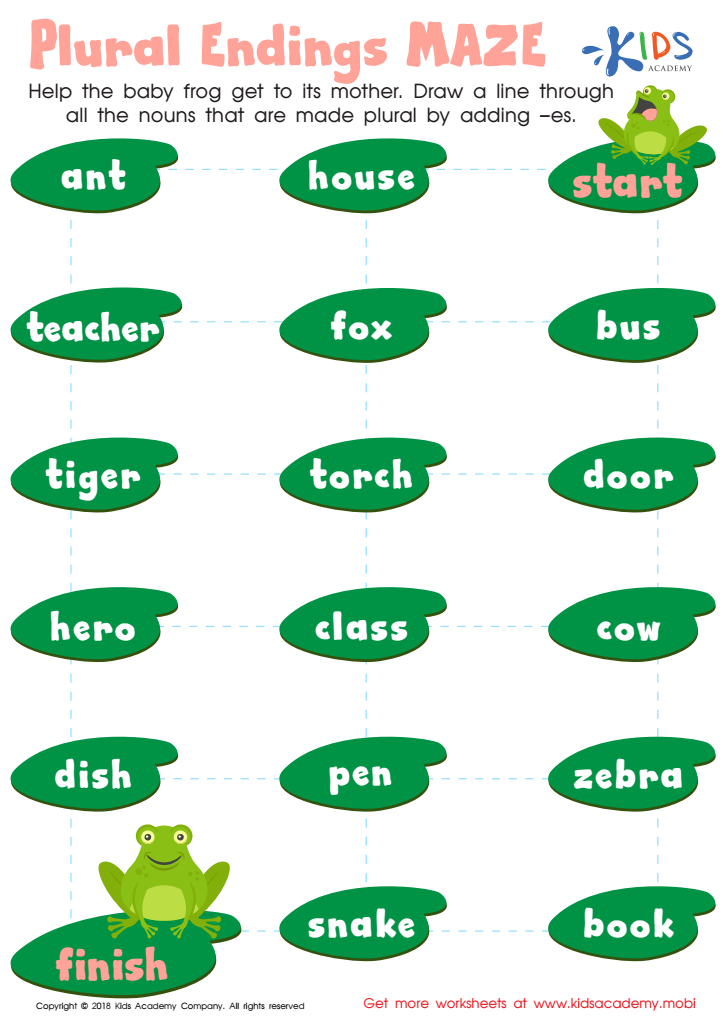

Plural Endings Maze Worksheet
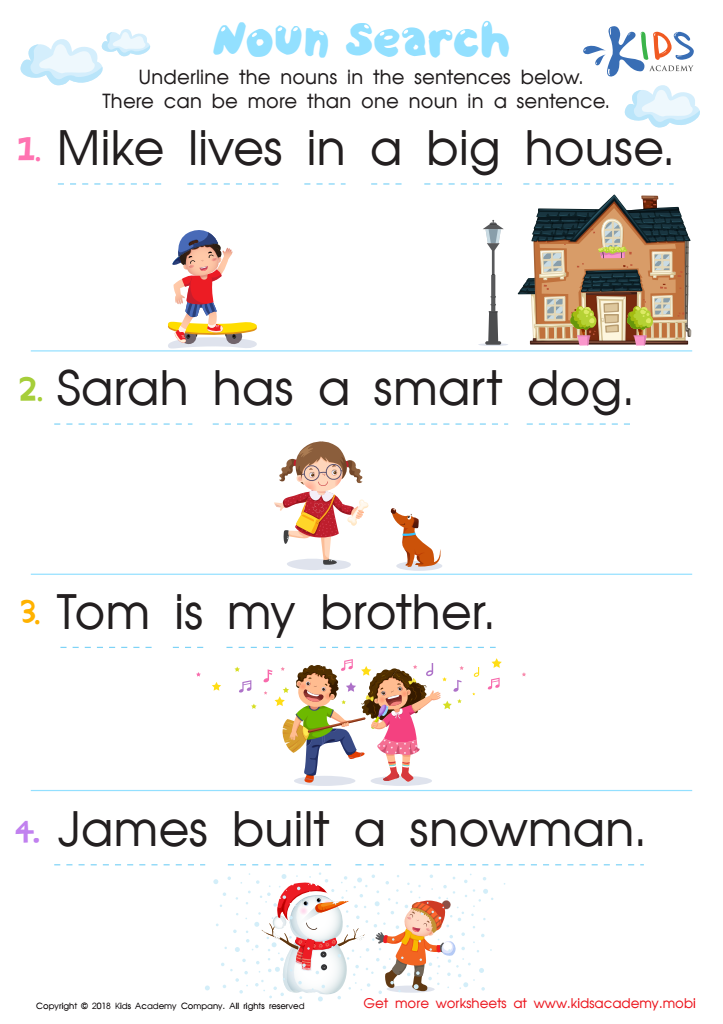

Noun Search Worksheet
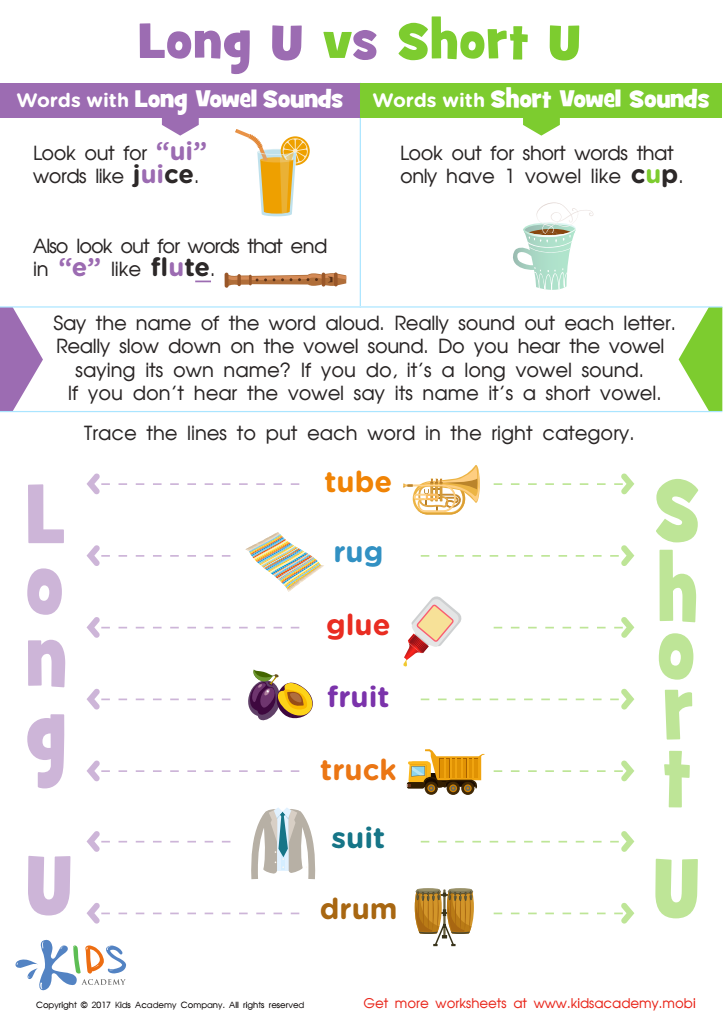

Long and Short Vowel U Spelling Worksheet
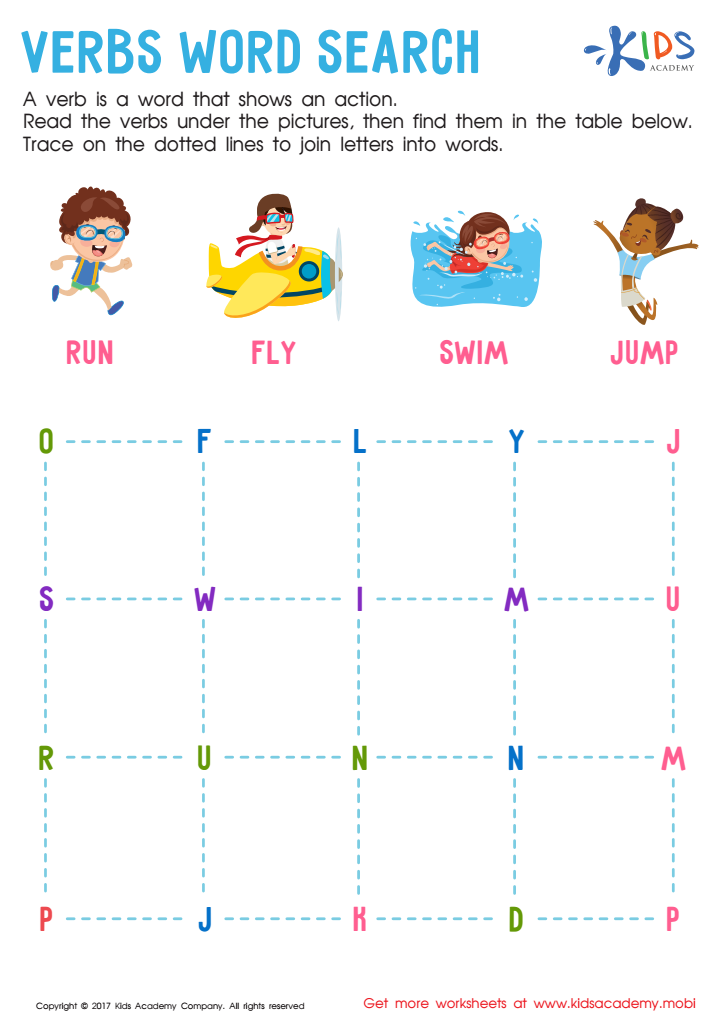

Verbs Word Search Worksheet
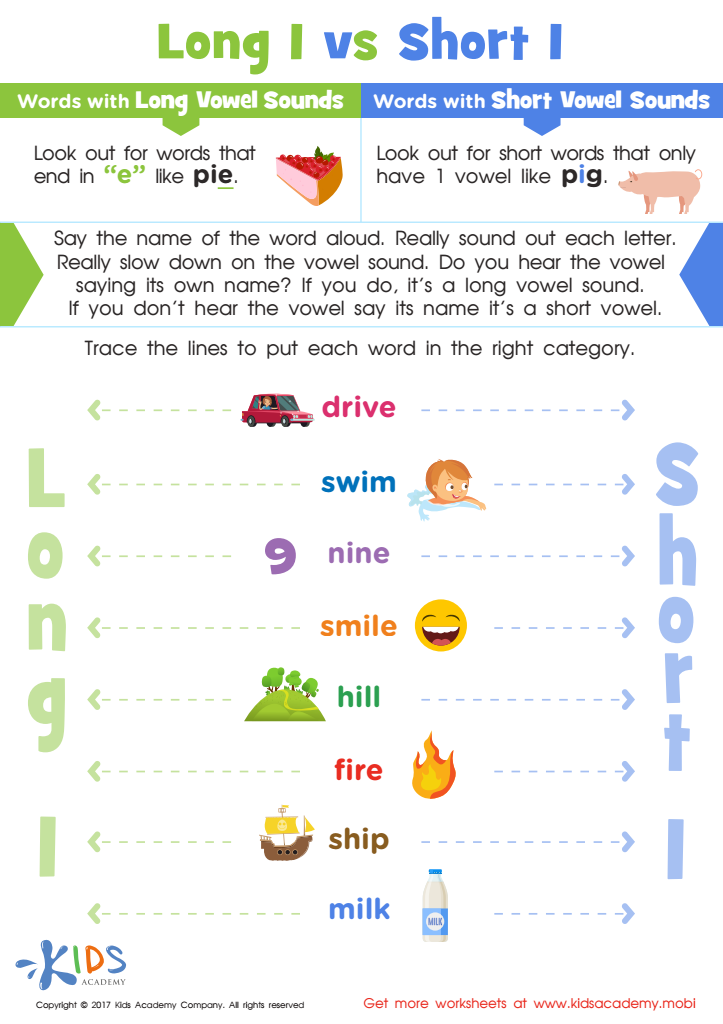

Long and Short Vowel I Spelling Worksheet
Spelling practice, particularly Extra Challenge Writing, holds significant importance for children aged 6-9, and parents and teachers should prioritize it for several reasons. At this stage, children are developing foundational literacy skills, which are crucial for their academic success. Improved spelling not only enhances reading fluency but also strengthens writing abilities. When children engage in extra challenge writing, they deepen their understanding of phonics, vocabulary, and syntax, enriching their overall language comprehension.
Furthermore, mastering spelling through practice fosters confidence in students. When they are able to express themselves clearly, they are more likely to participate actively in discussions and creative writing assignments. Additionally, this practice helps enhance critical thinking and problem-solving skills. As children work to spell complex words correctly, they learn to analyze and manipulate sounds and letters, building cognitive abilities essential for future learning.
It's also valuable for instilling a sense of discipline and persistence. Committing to regular spelling practice teaches children goal-setting and resilience, traits beneficial not only in academics but throughout life. For these reasons, parents and teachers should take an active role in encouraging and facilitating spelling practice, particularly through engaging exercises like Extra Challenge Writing.
 Assign to My Students
Assign to My Students


